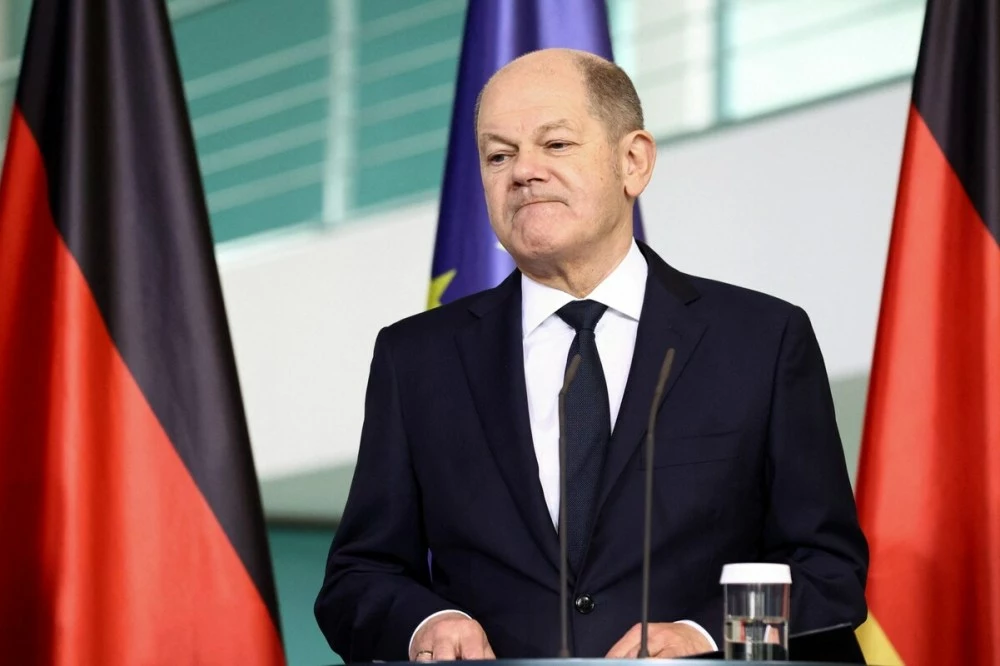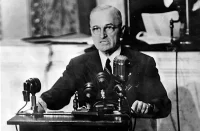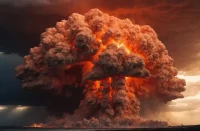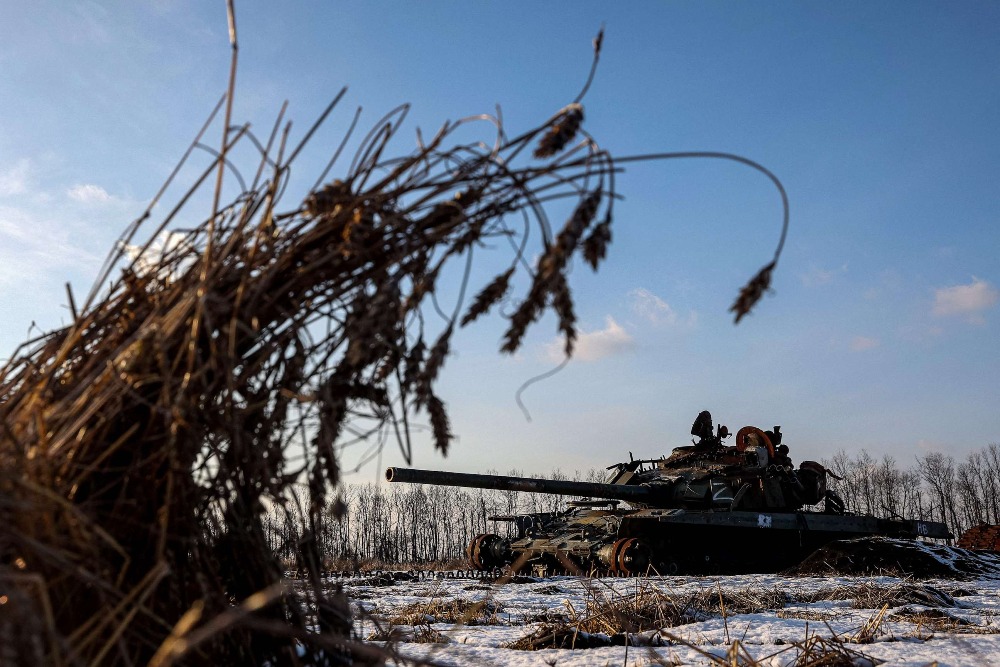The worst-kept secret of this proxy war is that it’s already a hot NATO-Russian war but an undeclared and limited one where both sides still abide by informal “rules of engagement”.
German Chancellor Scholz’s innuendo that France and the UK have clandestinely deployed troops to Ukraine to assist with “target control” against Russian forces prompted a harsh reaction from the British, but his slip of the tongue simply spilled the beans on this proxy war’s worst-kept secret. No honest observer believed the prior denials about Western troops in that country since their Ukrainian counterparts couldn’t realistically be trained to operate such modern-day arms in such a short time.
His inadvertent revelation, which was shared to explain why Germany won’t send long-range Taurus missiles to that country since it doesn’t want to follow the others’ lead by clandestinely deploying troops there, came shortly after French President Macron’s relatedly scandalous claim. He said that NATO countries debated whether to conventionally intervene in Ukraine when many of their leaders met in Paris on Monday though no consensus had been reached on this ultra-sensitive question.
Although practically every one of his peers denied that anything of the sort was discussed, the Financial Times then quoted an unnamed senior European defense official who bluntly confirmed that “Everyone knows there are western special forces in Ukraine — they’ve just not acknowledged it officially.” Such claims were hitherto dismissed as “Russian conspiracy theories” but now they predictably turned out to be statements of “conspiracy fact” to the surprise of only the most dishonest and naive observers.
The Ukrainian Conflict has always been a NATO proxy war on Russia that was waged by hybrid means through that former Soviet Republic, with this latest development removing any “plausible deniability” about that after the words that just came from the mouth of the EU’s de facto leader. This prompts a re-evaluation of the way in which the unprecedented NATO-Russian security dilemma there has been managed up until this point.
 President Putin famously said the following on 24 February 2022 about those who’d like to interfere with the special operation: “No matter who tries to stand in our way or all the more so create threats for our country and our people, they must know that Russia will respond immediately, and the consequences will be such as you have never seen in your entire history. No matter how the events unfold, we are ready. All the necessary decisions in this regard have been taken. I hope that my words will be heard.”
President Putin famously said the following on 24 February 2022 about those who’d like to interfere with the special operation: “No matter who tries to stand in our way or all the more so create threats for our country and our people, they must know that Russia will respond immediately, and the consequences will be such as you have never seen in your entire history. No matter how the events unfold, we are ready. All the necessary decisions in this regard have been taken. I hope that my words will be heard.”
In hindsight, his warning as aimed at deterring a conventional NATO intervention in Ukraine of the sort that Macron now said is being debated (albeit in a completely different military-strategic context), and it therefore succeeded in that respect. Wisely not wanting to risk World War III by miscalculation, the West instead clandestinely intervened via its intelligence services, special forces, and “mercenaries” (some of whom are presumably servicemen “on leave” while they “volunteer” there).
The Kremlin was aware of this the entire time but apparently concluded that it doesn’t constitute a crossing of its red line, though that doesn’t mean that it sat idly while this happened. Rather, some of its precision missile strikes against military targets and “mercenary” formations like France’s in late January were responses against those who didn’t heed President Putin’s warning not to interfere. In order to manage the security dilemma, Russia didn’t reveal that some of the deceased were Western troops.
News about their actual identities inevitably leaked to social media and particularly Russian military blogger channels but neither Moscow nor the West ever officially confirmed their veracity. Nevertheless, honest observers assumed that there was some credibility to them for the previously mentioned reason related to the difficult of training Ukrainians to operate such modern arms in such a short time. As for the “mercenaries”, these were meant to make up for the meat grinder and intimidate new conscripts.
The worst-kept secret of this proxy war is that it’s already a hot NATO-Russian war but an undeclared and limited one where both sides still abide by informal “rules of engagement”. Although British, French, and presumably also US and other Western troops – some of whom are deployed there as “mercenaries” – help Ukraine strike Russia, their target has refrained from retaliating inside of NATO. Both sides also tacitly agreed not to confirm Western troops’ presence in Ukraine till Scholz clumsily spilled the beans.
This suggests that NATO knows that Russia could feel pressured to resort to nuclear brinksmanship if the bloc boasted about what its troops are doing in Ukraine, but since they’ve thus far played it cool, Russia hasn’t signaled any intent to test Article 5. This in turn discredits claims that Russia harbors aggressive intentions against NATO since it won’t even publicly countenance the aforesaid scenario in self-defense despite NATO troops in Ukraine being responsible for killing its own troops and even its civilians too.
The unprecedented NATO-Russian security dilemma is therefore managed by NATO refraining from a large-scale conventional intervention, Russia not retaliating inside NATO after Western-facilitated Ukrainian attacks against its troops and civilians, and neither confirming the presence of Western troops there. These informal “rules of engagement” keep their undeclared hot war a limited one, though World War III can always break out accidentally, hence the need to freeze this conflict pronto in order to reduce that risk.
Source: the author’s blog














Comments